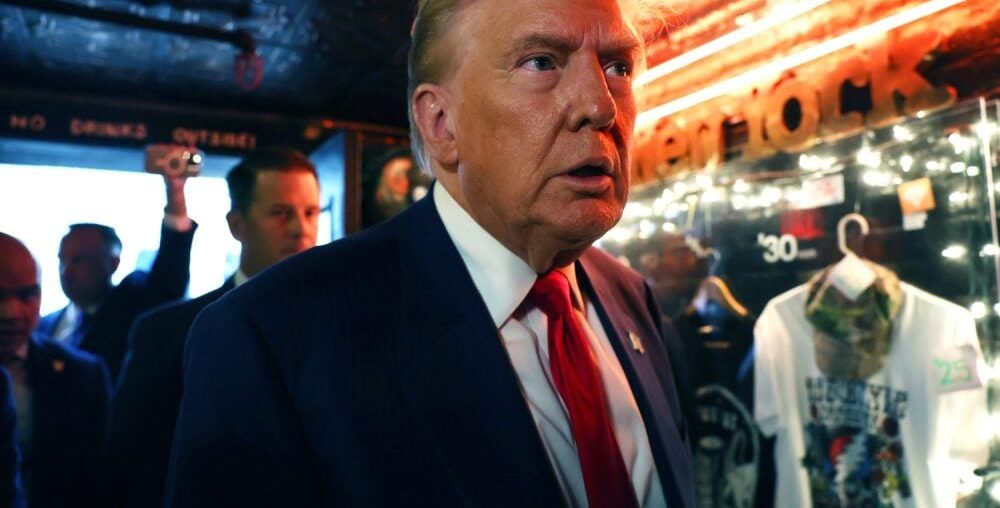
Economists, like much of the world, are having to recalibrate today.
Donald Trump’s sweeping victory in Tuesday’s U.S. presidential election answers some questions and poses others. Here’s one question: How good will Trump be for the world’s biggest economy in the short run—and how scary over the longer haul, not just for the United States? His promises of monetary and fiscal expansion, paired with trade and labor headwinds Trump is all but certain to inflict himself, portend a genuine economic roller coaster, with winners and losers galore.
Economists, like much of the world, are having to recalibrate today.
Donald Trump’s sweeping victory in Tuesday’s U.S. presidential election answers some questions and poses others. Here’s one question: How good will Trump be for the world’s biggest economy in the short run—and how scary over the longer haul, not just for the United States? His promises of monetary and fiscal expansion, paired with trade and labor headwinds Trump is all but certain to inflict himself, portend a genuine economic roller coaster, with winners and losers galore.
Oxford Economics just released its view of what it calls a “limited Trump scenario,” in which a Republican White House and Congress extend tax cuts and boost federal spending, especially on defense, that will temporarily offset the harms of higher tariffs and mass deportations. The upshot is slightly stronger GDP growth after Trump’s first full year in office, followed by a sharp correction by 2028 as inflation rises, the labor market tightens, and trade shrinks.
The short-term fallout was anticipated—markets cheered Wednesday—and easy to model. What is harder to estimate is the impact that Trump’s promised tariffs of up to 20 percent on all trading partners and at least 60 percent on China will have on U.S. trade, growth, and inflation. Oxford Economics assumes the tariffs will be token and phased in; if Trump goes as promised, the negative macroeconomic impacts would come sooner and harder.
Ultimately, as Adam Posen, the president of the Peterson Institute for International Economics, doesn’t cease to point out, the real risks of Trump 2.0 for the economy are the known unknowns. One can restrict goods (by hiking tariffs) or one can restrict the supply of labor (by deporting all the immigrants who work in agriculture and services). Doing both at the same time would be an unprecedented, risky, and certainly costly experiment.
This post is part of FP’s live coverage with global updates and analysis throughout the U.S. election. Follow along here.

